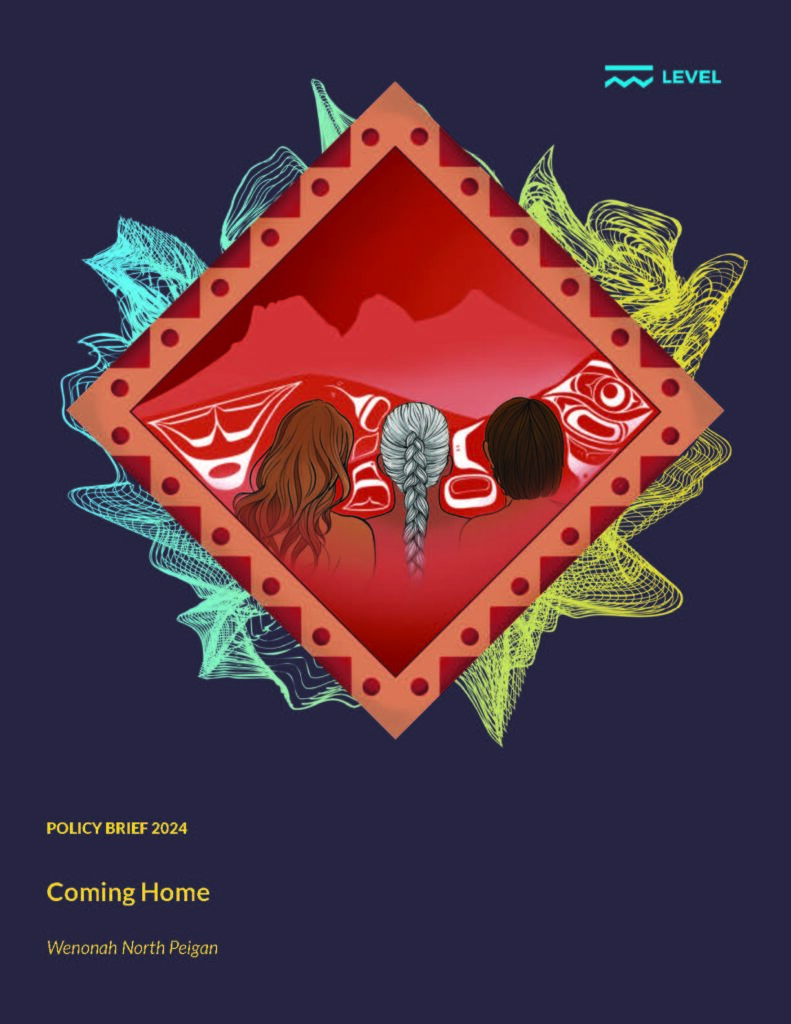Repatriation of First Nations Human Remains (Ancestors) and their Belongings, which were, and continue to be stolen, damaged, and/or sold without First Nations’ consent, remains a pressing issue. This injustice continues to be perpetuated through auctions, estate sales, and private collections both locally and globally, leading to the ongoing exploitation of our communities. This policy ask aims to address this historical and ongoing injustice by highlighting best practices for communities and all levels of government to undertake. It emphasizes the need for repatriation policies grounded in a First Nations’ perspective, and aligned with the United Nations Declaration on the Rights of Indigenous Peoples (UNDRIP).
The recommendations presented in this policy ask call on all levels of government to fulfill their legal obligation by developing and implementing legislation that is both guided by and aligned with UNDRIP. Further, these legislative measures should not only support the repatriation of Ancestors and their belongings, but also empower First Nations to take a leading role in the process. This approach will foster a more transformative and impactful repatriation process, promoting genuine self-determination and the restoration of cultural integrity by allowing First Nations to exercise their heritage stewardship fully.
The work presented henceforth is grounded in a First Nations context, reflecting a Blackfoot and Anishinaabe understanding of the world and the land now known as “Canada.”
Watch Wenonah’s policy presentation:


